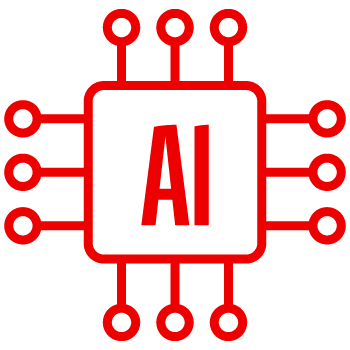What is the “liquid workforce”?


Just as water takes the shape of any container we pour it in, workplaces have also been adapting to become more fluid and accommodate the needs of employees and the business.
Since the dawn of time, people have been working. The need to fuel the human body led to farming and other jobs created over 10,000 years ago. As our primary way of making a living, work has played a vital role in society’s development. However, over time, the idea of work has changed, with young people now seeing it as more than a need in order to make ends meet.
But if work has been around for thousands of years, why the change of mindset now? In 1999, Polish sociologist Zygmunt Bauman coined the term “liquid modernity” to describe how constant change makes society — like any liquid — take a new form that breaks with ideas once set in stone. That’s where the “liquid workforce” comes in.
What is the "liquid workforce"?
Traditionally, work is understood as a cast-iron model of paid labour, with set hours and duties, and some people may spend their entire career in the same company. On the flip side, the emergence of technology has brought about a change in how we work together. While employees are attaching great importance to more geographic mobility, flexible hours and self-management, companies are embracing talent management to adapt to constant change and achieve targets in a model known as the "liquid workforce".

The three pillars of the liquid workforce
Whether we'd like a liquid workforce model for our own careers or to work at a company that's looking to implement one, we can determine if a workforce is “liquid” based on these three things:
- Digitalization. Technology is the main driver of the liquid workforce. Getting the full benefit of the Internet, computer programs and electronic devices is crucial, as virtual meetings replace in-person ones; files once kept at the office are made digital so everyone can access them; and instant messaging apps serve as an alternative to face-to-face conversations. Digitalization also underpins the other two features we detail below.
- Mobility. Because technology makes the tools we use to perform our role accessible from anywhere, we can cut out commuting and choose where we work from. It can also position companies to enter markets and capture customers in places where they don’t operate.
- Flexibility. For younger employees, work is not an end but a means; that’s why the liquid workforce model centres on people and work-life balance. Millennials and Gen Z-ers want to be recognized more for their talent, efficiency and output than for being on time or always at the office.
How to be a “liquid” worker
Now we know a little more about the liquid workforce, we must consider these two things to make sure we get the most out of it:
- Digital skills. A strong command of tech tools is paramount. Regardless of their areas of expertise, employees in the digital era need to know how to navigate new collaborative environments and use new ICT programs efficiently and securely.
- Ability to adapt. Technological advances are driving change at a rate of knots. Continuous learning is the best way to keep knowledge fresh or acquire new skills. A liquid workforce also means having talented professionals rotate to other areas within the same company to take on diverse roles or even get ready to change industry.







